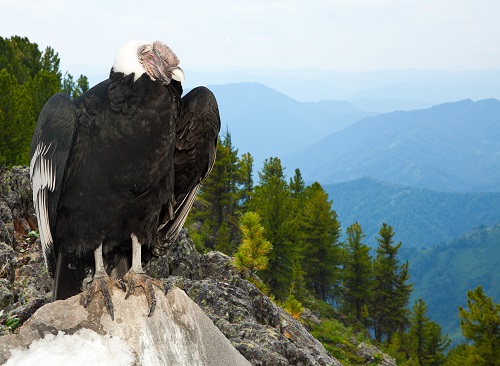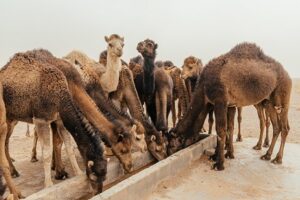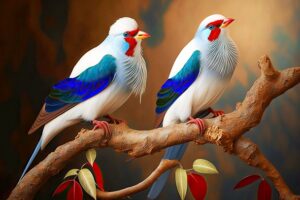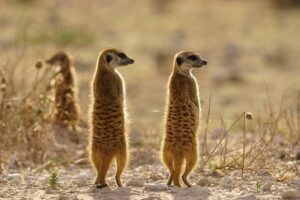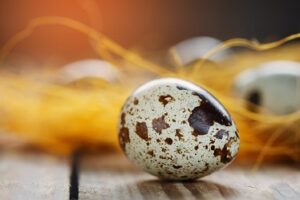Table of Contents
ToggleIntroduction
Hawks are a captivating group of birds of prey found across the United States, and Washington State is no exception to their presence. These majestic birds are known for their keen eyesight, powerful talons, and soaring flight. In this article, we will explore the world of hawks in Washington State, exploring their various species, characteristics, habitats, and much more.
Types of Hawks in Washington State
Washington State has several hawk species, including the Red-tailed Hawk, Cooper’s Hawk, Sharp-shinned Hawk, and the Northern Harrier. Each species possesses unique traits and adaptations that make them fascinating subjects for bird enthusiasts and wildlife lovers.
Physical Characteristics of Hawks
Hawks are easily recognizable due to their sharp beaks, hooked talons, and strong wings. They have keen eyesight, which aids in spotting prey from high in the sky. Their plumage can vary from species to species, showcasing various colors and patterns.
Habitat and Distribution
Hawks can be found in various habitats in Washington State, from forests and grasslands to urban areas. Understanding their distribution patterns can provide valuable insights into the state’s ecosystems and biodiversity.
Hawk Behavior and Diet
Hawks are skilled hunters, preying on small mammals, birds, and sometimes even reptiles. Observing their hunting techniques and behavior can be an awe-inspiring experience for those who venture into their territory.
Reproduction and Nesting
Hawks are known for their elaborate courtship rituals and nests, often perched in trees. Learning about their reproduction and nesting habits reveals a different aspect of their lives.
Threats and Conservation
The survival of hawks in Washington State faces challenges from habitat loss, pesticide exposure, and illegal hunting. Conservation efforts are crucial in safeguarding these magnificent birds for future generations.
The Role of Hawks in the Ecosystem
Hawks are apex predators, and their presence influences the balance of the ecosystem. Understanding their ecological role is essential in preserving the health of Washington State’s environment.
Hawk-Watching in Washington State
Hawk-watching is a popular activity for bird enthusiasts. Washington State provides excellent opportunities for hawk-watching, with specific locations known for witnessing their migratory flights.
Legal Protections
State and federal laws protect many hawk species. These regulations are vital for ensuring the well-being and conservation of hawks in Washington State.
Unique Hawk Species in Washington
Washington State boasts unique hawk species, such as the Ferruginous Hawk and the Rough-legged Hawk. Learning about these distinctive hawks enriches our understanding of the state’s avian diversity.
Human-Hawk Interactions
Hawks often share spaces with humans, leading to various interactions. Understanding how these birds adapt to urban environments is both intriguing and informative.
Hawk Symbolism
Hawks hold significance in various cultures and symbolize different qualities and attributes. Exploring these cultural interpretations can deepen our appreciation of these birds.
Conclusion
In Washington State, hawks reign supreme in the skies, offering a mesmerizing display of nature’s wonders. Their diversity, behavior, and ecological importance make them an integral part of the state’s natural heritage.
